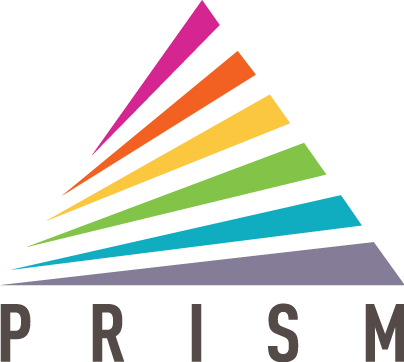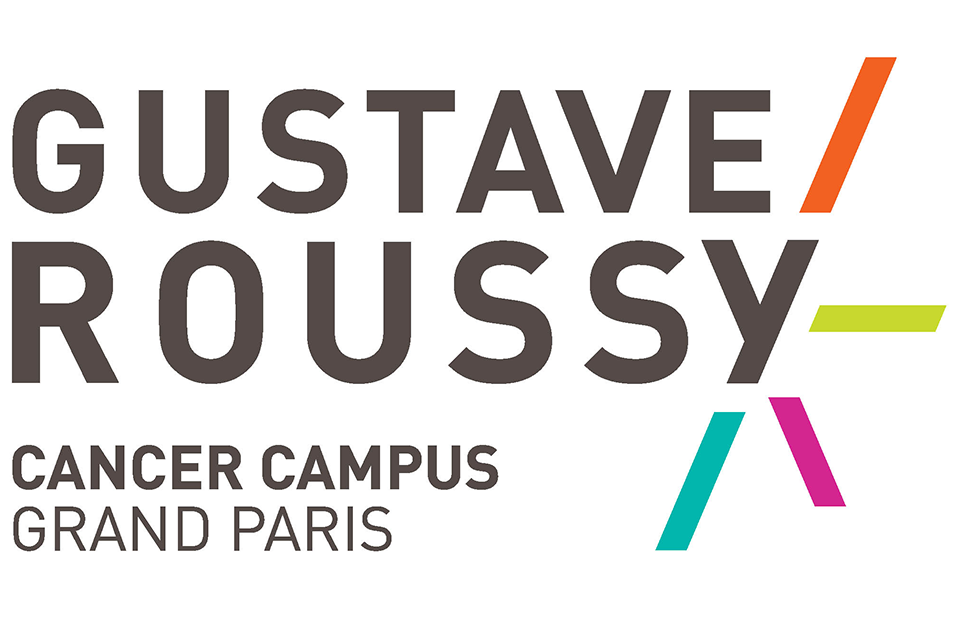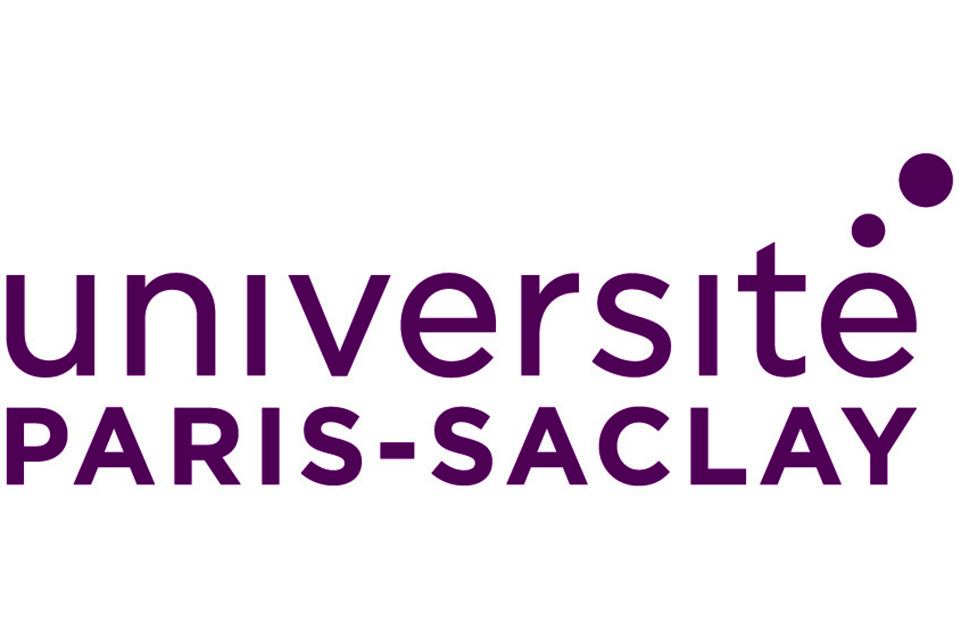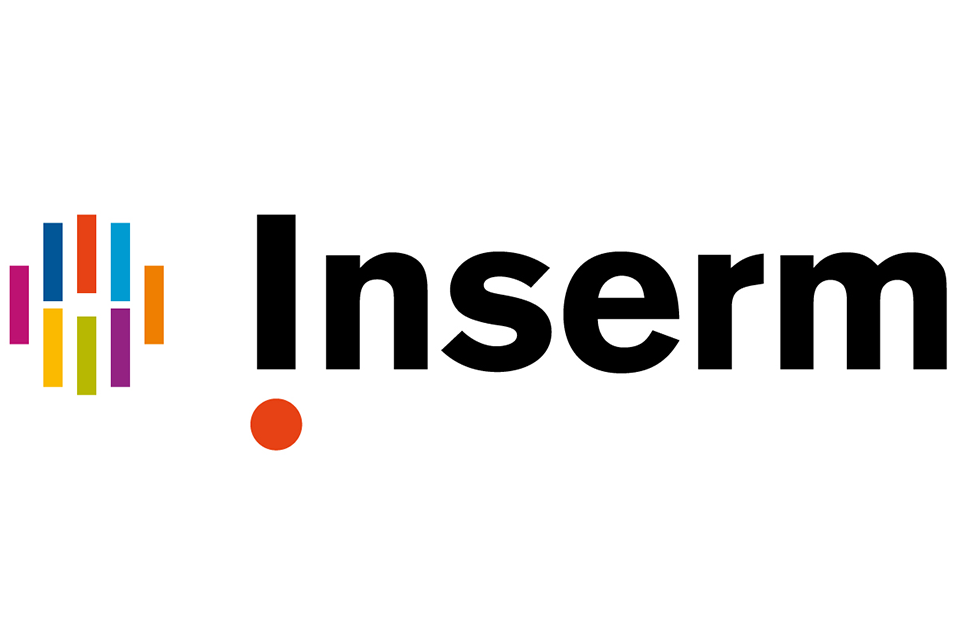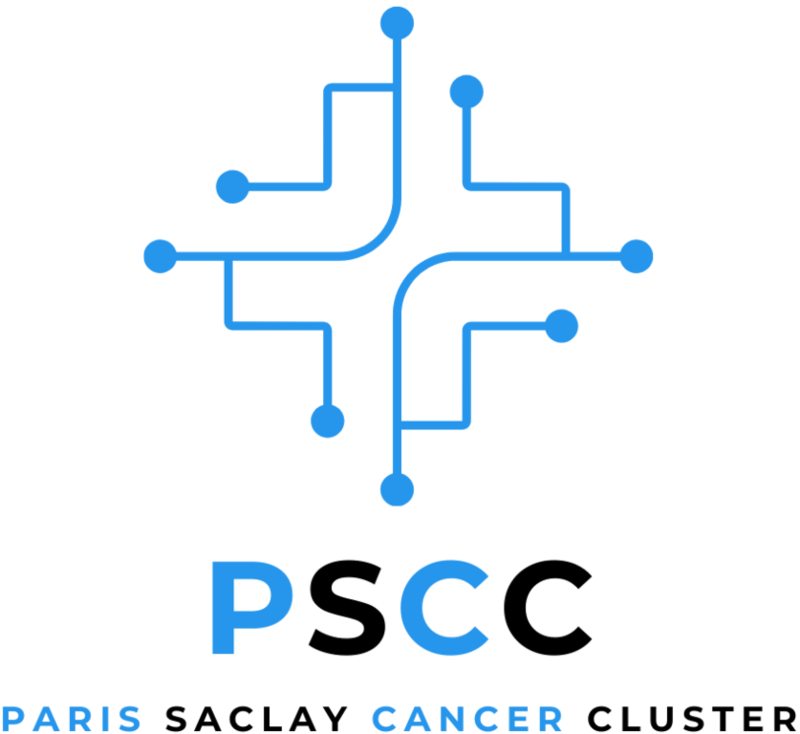A. Bayle, L. Belcaid, M. Aldea, D. Vasseur, F. Peyraud, C. Nicotra, A. Geraud, M. Sakkal, L. Seknazi, L. Cerbone, F. Blanc-Durand, J. Hadoux, F. Mosele, M. Tagliamento, A. Bernard-Tessier, B. Verret, C. Smolenschi, R. Clodion, N. Auger, P. Martin Romano, A. Gazzah, M. Ngo Camus, J. Micol, O. Caron, A. Hollebecque, Y. Loriot, B. Besse, L. Lacroix, E. Rouleau, S. Ponce, J.C. Soria, F. Barlesi, F. Andre, A. Italiano,
Annals of Oncology
ABSTRACT
Background
Circulating tumor DNA (ctDNA) sequencing is a promising approach for tailoring therapy in cancer patients. We report hereby the results from a prospective study where we investigated the impact of comprehensive molecular profiling of ctDNA in patients with advanced solid tumors.
Methods
Genomic analysis was performed using the Foundation One Liquid CDx Assay (324 genes, tumor mutational burden [TMB], microsatellite instability status). Each individual genomic report was reviewed and discussed weekly by a multidisciplinary tumor board (MTB). Actionable targets were classified by ESCAT tier leading to molecular-based treatment suggestions wherever it was possible.
Results
Between Dec 2020 and Nov 2021, 1772 patients with metastatic solid tumors underwent molecular profiling. Median time to assay results was 12 days. Results were contributive for 1658 patients (94%). At least one actionable target was detected in 1059 patients (64%) with a total of 1825 actionable alterations including: alteration of the DNA damage repair response pathway (N=336, 18%), high TMB (> 16 mutations/Mb) (N= 243, 13%), PIK3CA mutations (N=150, 8%), ERBB family pathway alterations (N=127, 7%), PTEN alterations (N=95, 5%), FGFR alterations (N= 67, 4%) and MET activations (N=13, 0.7%). The MTB recommended a matched therapy for 597 patients (56%) with a total of 819 therapeutic orientations: clinical trials (N= 639, 78%), off label/compassionate use (N=81, 10%), approved drug (N=51, 6%) and early access program (N=48, 6%). In total, 122 patients (21%) were treated. Among the evaluable patients (N=107), 4 (4%) had complete response, 35 (33%) had partial response, 27 (25%) had stable disease and 41 (38%) a progressive disease as best response. Median progression free survival and median overall survival were 4.7 (95% CI 2.7-6.7 ) and 8.3 months (95% CI 4.7-11.9) respectively.
Conclusions
CTDNA sequencing with a large panel is an efficient approach to match advanced cancer patients with targeted therapies.
